Introduction
The rise of platforms like Airbnb and Vrbo has turned countless homeowners into short-term rental hosts. While listing your home or investment property is exciting, it also comes with a host of responsibilities—none more critical than plumbing compliance. Overlooking plumbing regulations can lead to hefty fines, property damage, and even legal liability if guests are injured or inconvenienced. Unfortunately, many hosts underestimate the importance of compliant, well-maintained plumbing systems. Navigating local laws, understanding permit requirements, and ensuring every fixture meets code isn’t just red tape—it’s vital for guest safety, your property’s reputation, and long-term profitability. This guide provides a practical, step-by-step approach to plumbing compliance tailored specifically for short-term rentals. Whether you’re a seasoned host or just starting out, you’ll find actionable advice on permits, inspections, fixture standards, and ongoing maintenance. By following the strategies outlined below, you can offer guests a safe experience and protect your investment from costly missteps.
Understanding Plumbing Regulations for Short-Term Rentals
Why Plumbing Compliance Matters
Plumbing codes exist to safeguard health and prevent property damage. In short-term rentals, guests expect hotel-level safety and comfort. Issues like contaminated water, leaks, or faulty drains not only lead to bad reviews but can also cause legal trouble for hosts. Local governments have specific standards covering everything from fixture installation to water heater settings. Non-compliance can result in:
- Immediate shutdown of your listing
- Substantial fines
- Insurance claim denials
- Personal liability for guest injuries
Staying compliant isn’t just about following the law—it’s about ensuring a seamless, safe guest experience that keeps your rental in high demand.
Key Codes and Standards
Most municipalities follow variations of the International Plumbing Code (IPC) or Uniform Plumbing Code (UPC), but many add their own amendments. Common requirements for short-term rentals include:
- Minimum fixture counts per occupant
- Anti-scald devices on showers and sinks
- Proper venting and backflow prevention
- Water heater temperature limits (typically 120°F/49°C)
- Accessible shutoff valves
- Drainage slope and cleanout access
Always obtain a copy of your local code or consult with a licensed plumber familiar with short-term rental regulations before making any changes.
Step 1: Assess Your Property’s Plumbing
Initial Inspection Checklist
Begin by conducting a thorough inspection of your property’s plumbing. This isn’t just for older homes—recent renovations or DIY work may not be up to code. Here’s what to look for:
- Leaks: Inspect under sinks, around toilets, and behind appliances for any signs of water damage or drips.
- Water Pressure: Test faucets and showers. Pressure should be between 40–60 psi; too high can damage pipes, too low frustrates guests.
- Drainage: Run water in all sinks, tubs, and showers. Slow drains or gurgling noises indicate a venting or blockage issue.
- Fixture Integrity: Ensure all fixtures are firmly attached, operate smoothly, and show no corrosion or cracks.
- Shutoff Valves: Confirm that every fixture has an accessible shutoff valve and that they operate easily.
- Hot Water Supply: Check that hot water reaches all fixtures quickly and that temperatures do not exceed 120°F (49°C).
Document issues with photos and detailed notes to guide repairs or upgrades.
Professional Plumbing Assessment
While a DIY inspection is a good start, a licensed plumber should perform a comprehensive assessment before you host guests. They’ll check:
- Pipe material and condition (e.g., lead, galvanized, or polybutylene pipes may require replacement)
- Code compliance for fixture placement and spacing
- Proper venting and trap installation
- Backflow prevention devices
- Water meter and main shutoff accessibility
This step is especially critical if your property is older or has undergone recent renovations.
Step 2: Research Local Permit and Inspection Requirements
When Permits Are Needed
Short-term rentals often trigger a different set of plumbing permit requirements than standard residential properties. Typical scenarios requiring permits include:
- Adding or relocating fixtures (toilets, sinks, showers, dishwashers)
- Re-piping or replacing significant plumbing sections
- Water heater replacement or upgrades
- Installing backflow prevention devices
Even minor repairs—like replacing a faucet—may require inspection in some jurisdictions if the property is actively rented to the public. Never assume; always verify with your local building department.
Scheduling Inspections
Once permitted work is complete, inspections are mandatory. Common inspection types include:
- Rough-in: Checks pipe placement and materials before walls are closed.
- Final: Ensures all fixtures are operational, vented, and compliant.
- Backflow: Verifies devices are installed and functioning, especially for irrigation or fire suppression.
Keep all inspection reports and permits on file. Some listing platforms require proof of compliance for host eligibility.
Step 3: Upgrade Fixtures and Appliances for Code Compliance
High-Efficiency Toilets and Faucets
Many cities mandate WaterSense-certified fixtures to conserve water and lower utility bills. Upgrading old toilets, faucets, and showerheads ensures you meet efficiency requirements and reduces the risk of leaks or failures during a guest’s stay.
- Install toilets using 1.28 GPF (gallons per flush) or less
- Replace faucets and showerheads with models rated at or below 2.2 GPM (gallons per minute)
Check for manufacturer certifications and retain receipts for inspection documentation.
Safe Water Heater Setup
Water heaters must be set at a safe temperature (usually 120°F/49°C) to prevent scalding. Additional requirements:
- Install a temperature and pressure relief (TPR) valve
- Ensure water heater is properly strapped if located in a seismic zone
- Maintain clear access for emergency shutoff
Tankless water heaters are increasingly popular but may require upgraded gas or electrical supply and venting—always check with your plumber and local code.
Backflow Prevention and Cross-Connection Control
Backflow devices prevent contaminated water from entering your clean supply. They are typically required on irrigation systems, dishwashers, and sometimes even showers or hose bibs. Verify installation and schedule annual tests if mandated by your municipality.
Step 4: Implement Guest-Focused Plumbing Safety Measures
Anti-Scald Devices
Short-term rental guests may not be familiar with your fixtures. Install anti-scald valves on all showers and tub faucets, which automatically adjust water flow to prevent sudden temperature spikes.
Leak Detection and Shutoff Systems
Smart leak detectors placed under sinks, water heaters, and in laundry areas can alert you (and the guest) to leaks before they cause major damage. Consider automatic shutoff valves that immediately cut water supply if a leak is detected—crucial for remote hosts.
Clear Operating Instructions
Include a concise plumbing guide in your guest welcome book or digital guide. Cover:
- How to operate showers and unusual fixtures
- Location of main water shutoff and emergency contacts
- Guidance on what not to flush/down drains
Clear instructions reduce the risk of misuse and simplify troubleshooting for guests.
Step 5: Maintain Records and Prepare for Re-Inspection
Documenting Compliance
Maintain a digital folder with:
- Permit applications and approvals
- Inspection reports
- Receipts for fixtures and plumbing work
- Photos of installations and completed repairs
This documentation is invaluable if your city requires periodic re-inspection, if you switch platforms, or if you face an insurance claim.
Scheduling Regular Maintenance
Set reminders for annual plumbing inspections, water heater flushing, and backflow device testing. Proactive maintenance helps you catch minor issues before they escalate. Some cities mandate annual or biennial inspections for short-term rentals—check your local requirements.
Step 6: Prepare for Emergencies
Emergency Protocols for Guests
Provide guests with emergency instructions, including:
- How to shut off water at the fixture and main valve
- Who to call for emergency plumbing (provide a 24/7 local plumber’s number)
- What to do if a leak or overflow occurs
Quick action can prevent major damage and protect your property and guests.
Host Emergency Kit
Keep a basic plumbing emergency kit on hand, including:
- Plumber’s tape
- Adjustable wrench
- Replacement washers
- Plunger
- Flashlight
Even if you manage your rental remotely, a local contact or cleaning team should know where this kit is stored.
Common Compliance Pitfalls and How to Avoid Them
- Unpermitted Work: Never bypass the permit process, even for small jobs. Unpermitted plumbing can void insurance and trigger fines.
- Outdated Fixtures: Old toilets or sinks may not meet low-flow or anti-scald requirements.
- Improper DIY Repairs: Temporary fixes or makeshift piping can fail under guest use. Always hire licensed professionals.
- Neglecting Annual Tests: Backflow devices and water heaters often require annual checks—set calendar reminders.
- Lack of Documentation: Failing to keep records can complicate claims or city inspections.
Conclusion
Plumbing compliance isn’t just a bureaucratic hurdle for short-term rental hosts—it’s a crucial part of delivering a safe, comfortable, and legally sound guest experience. By proactively assessing your property’s plumbing, understanding and following local permit and inspection requirements, and upgrading fixtures to meet current codes, you protect your investment and your reputation. Guest-focused safety measures, such as anti-scald valves and clear operating instructions, reduce risk and enhance satisfaction. Thorough documentation and regular maintenance ensure you’re prepared for re-inspections, insurance claims, or emergencies. While the process may seem daunting, each step outlined in this guide helps you avoid costly mistakes and keeps your rental business running smoothly. In today’s competitive short-term rental market, guests expect—and deserve—hotel-grade safety and reliability. Making plumbing compliance a priority not only safeguards your property but also sets you apart as a responsible, trusted host. Stay diligent, collaborate with licensed professionals, and keep learning as codes evolve. Your guests, your property, and your business will thank you for it.
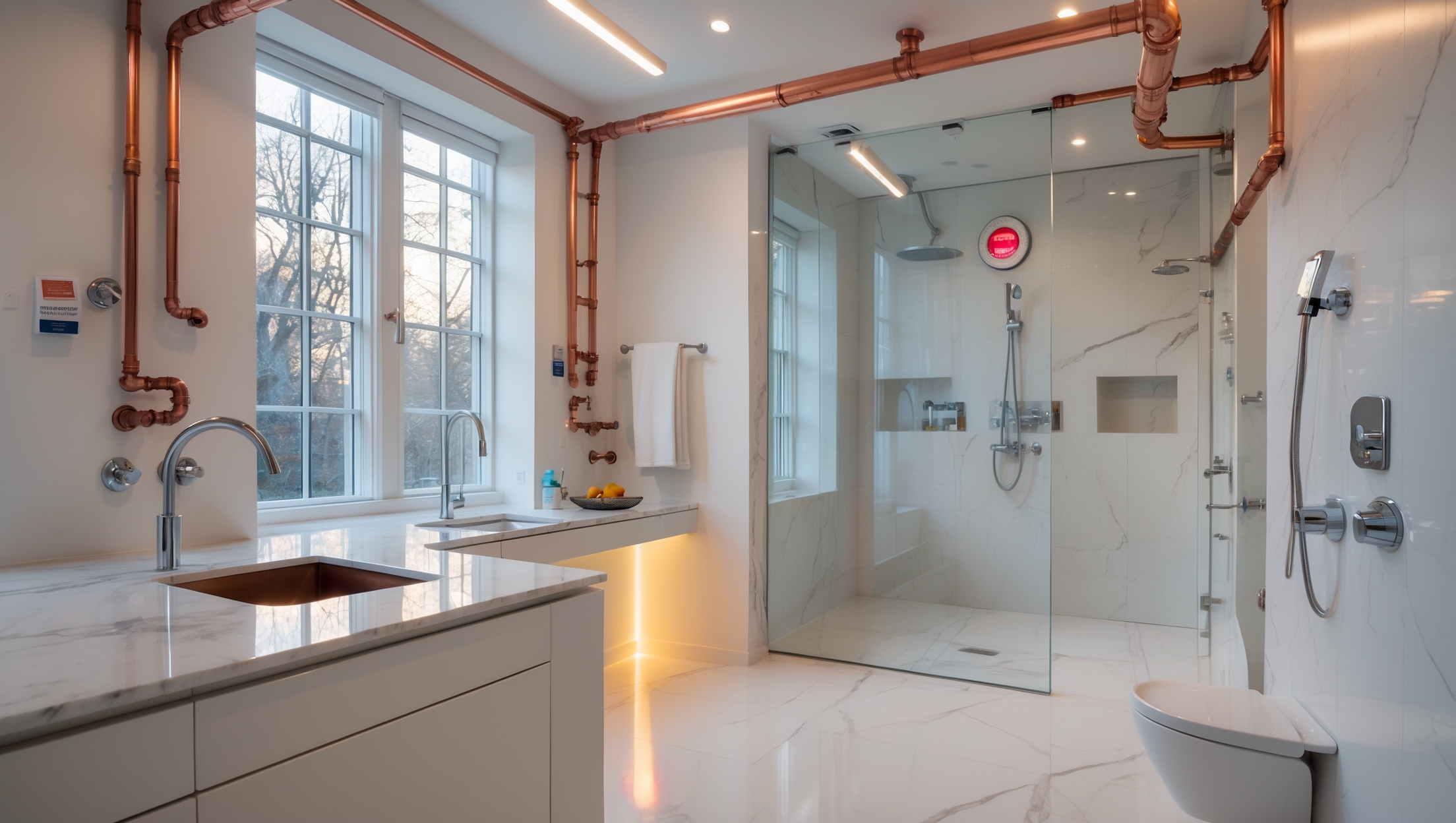
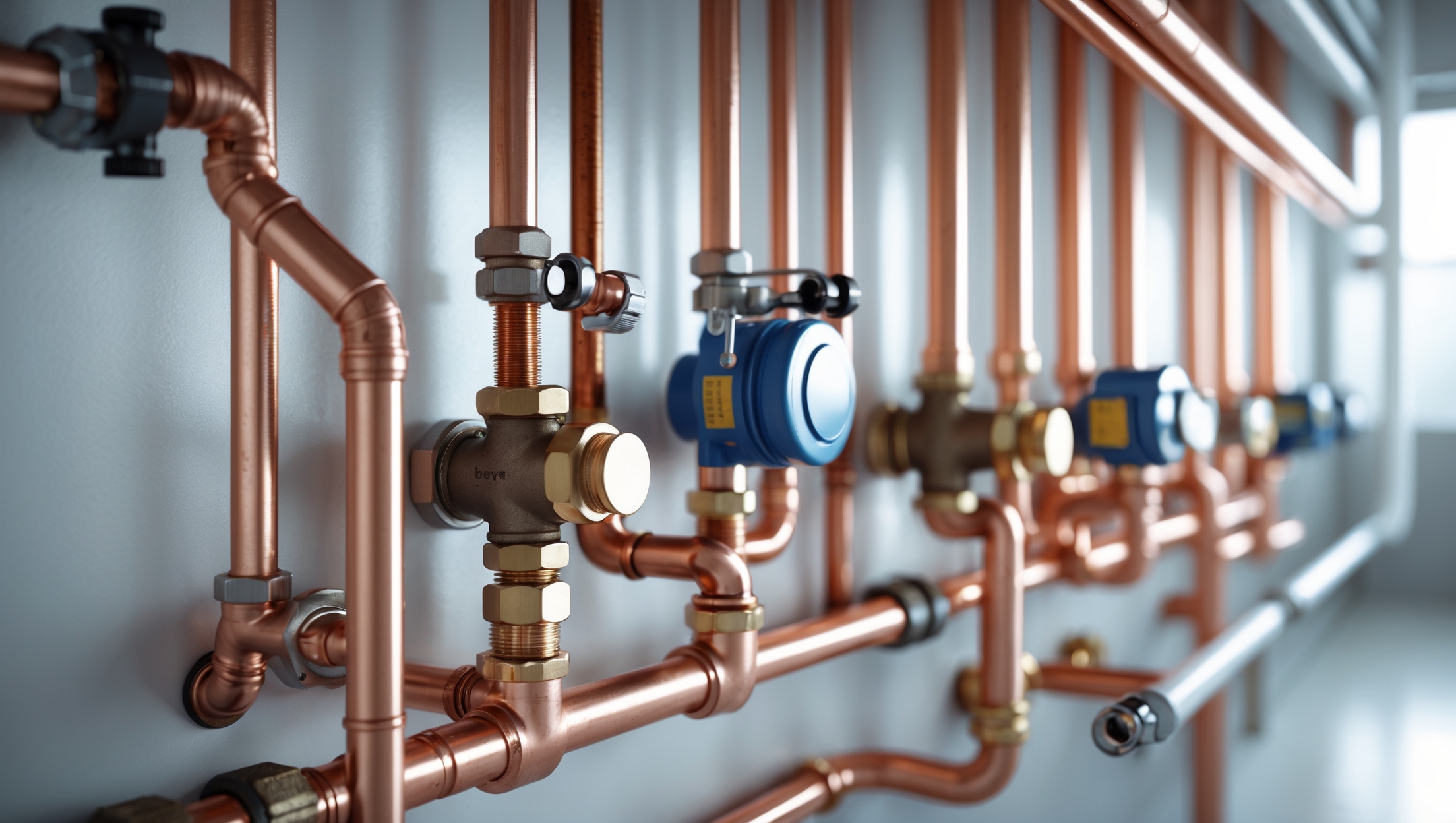
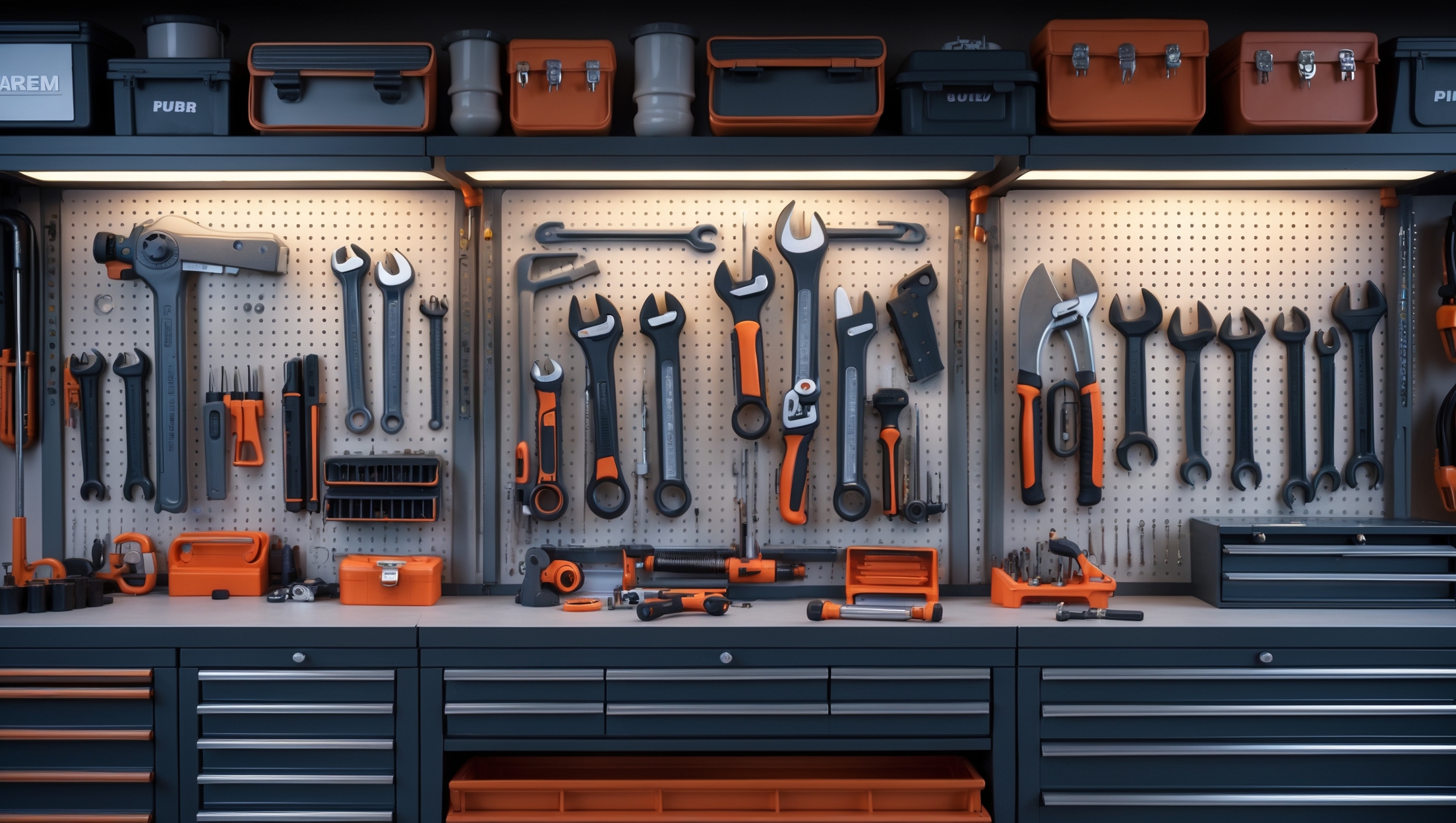
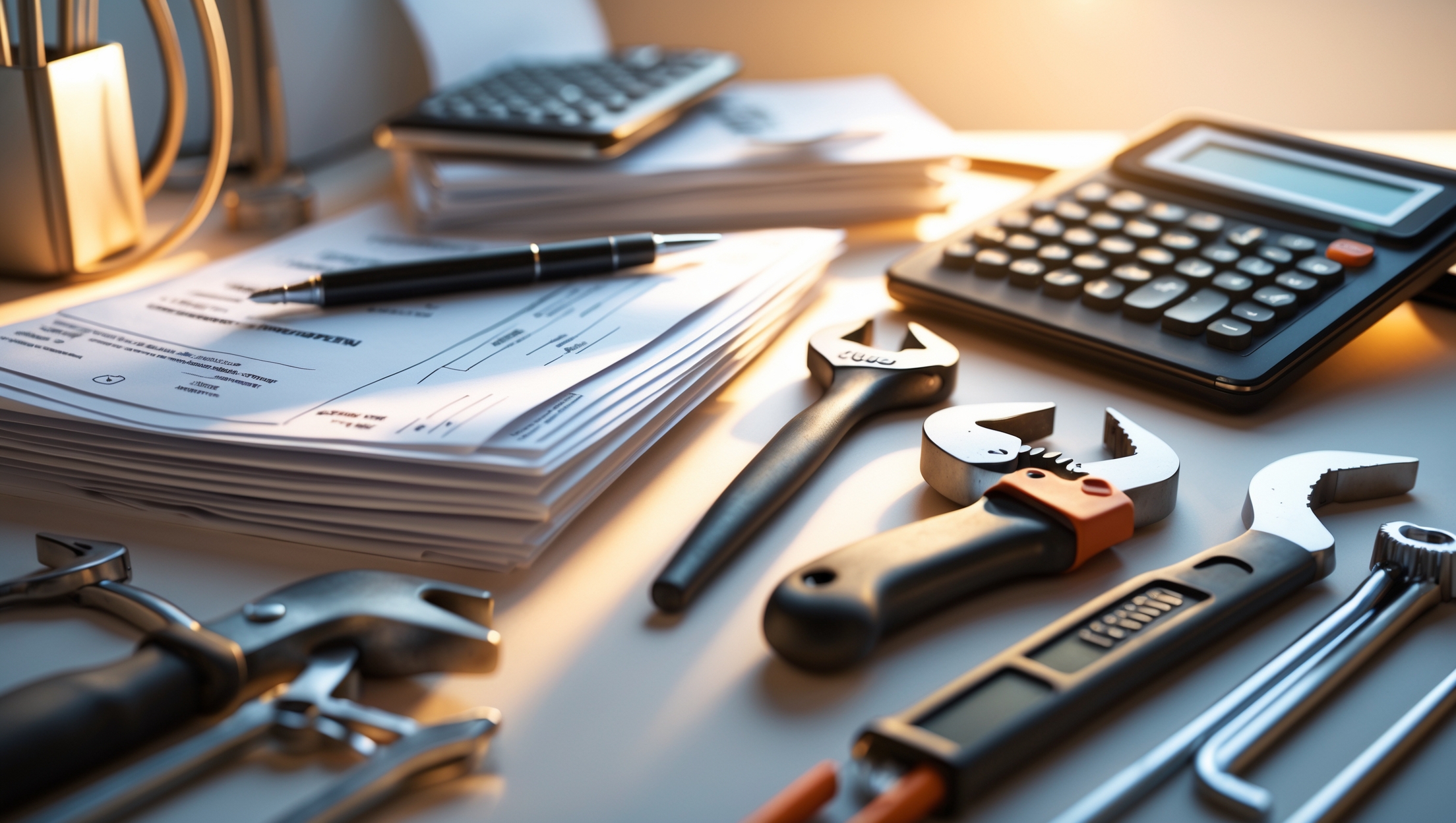
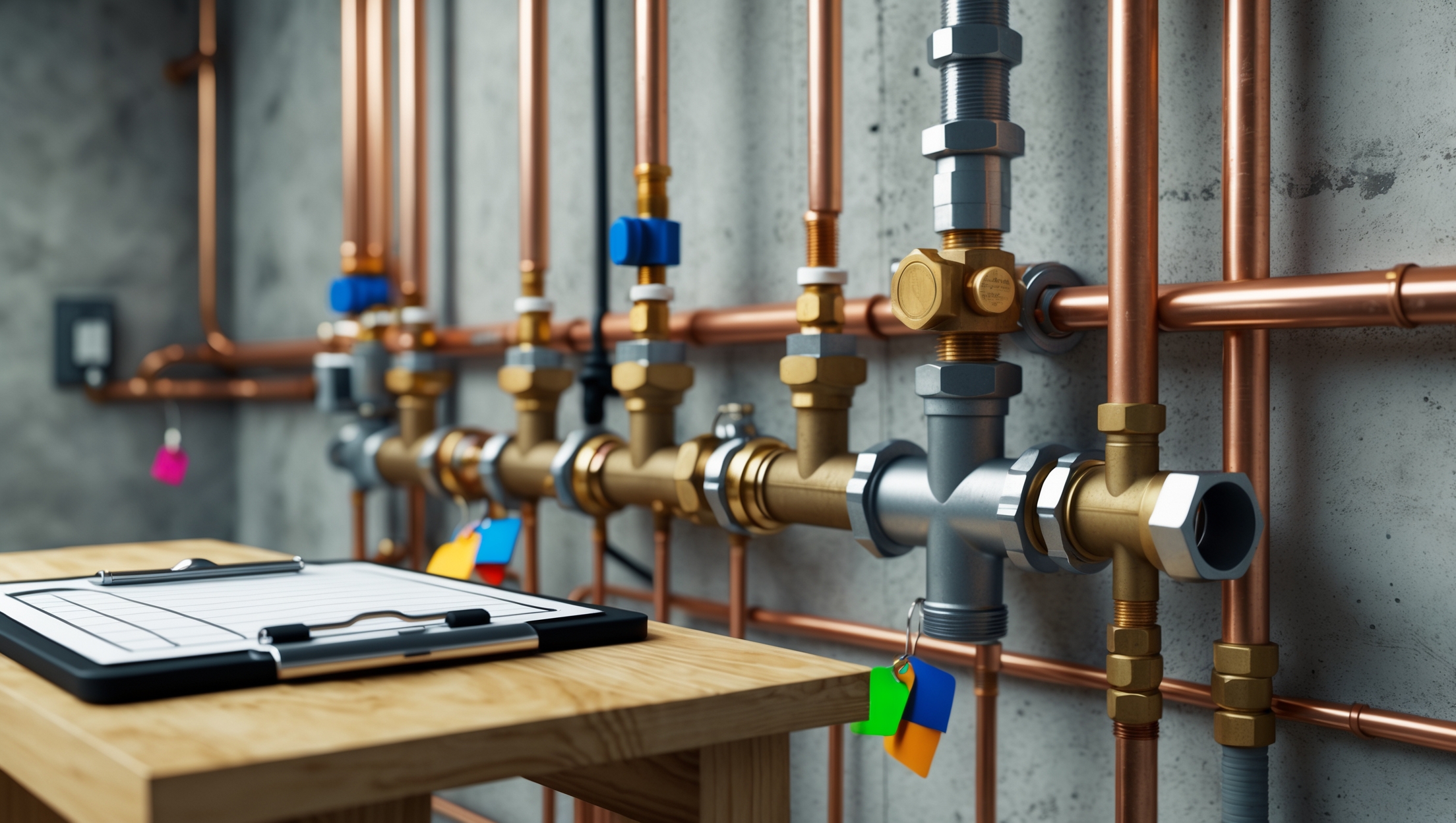
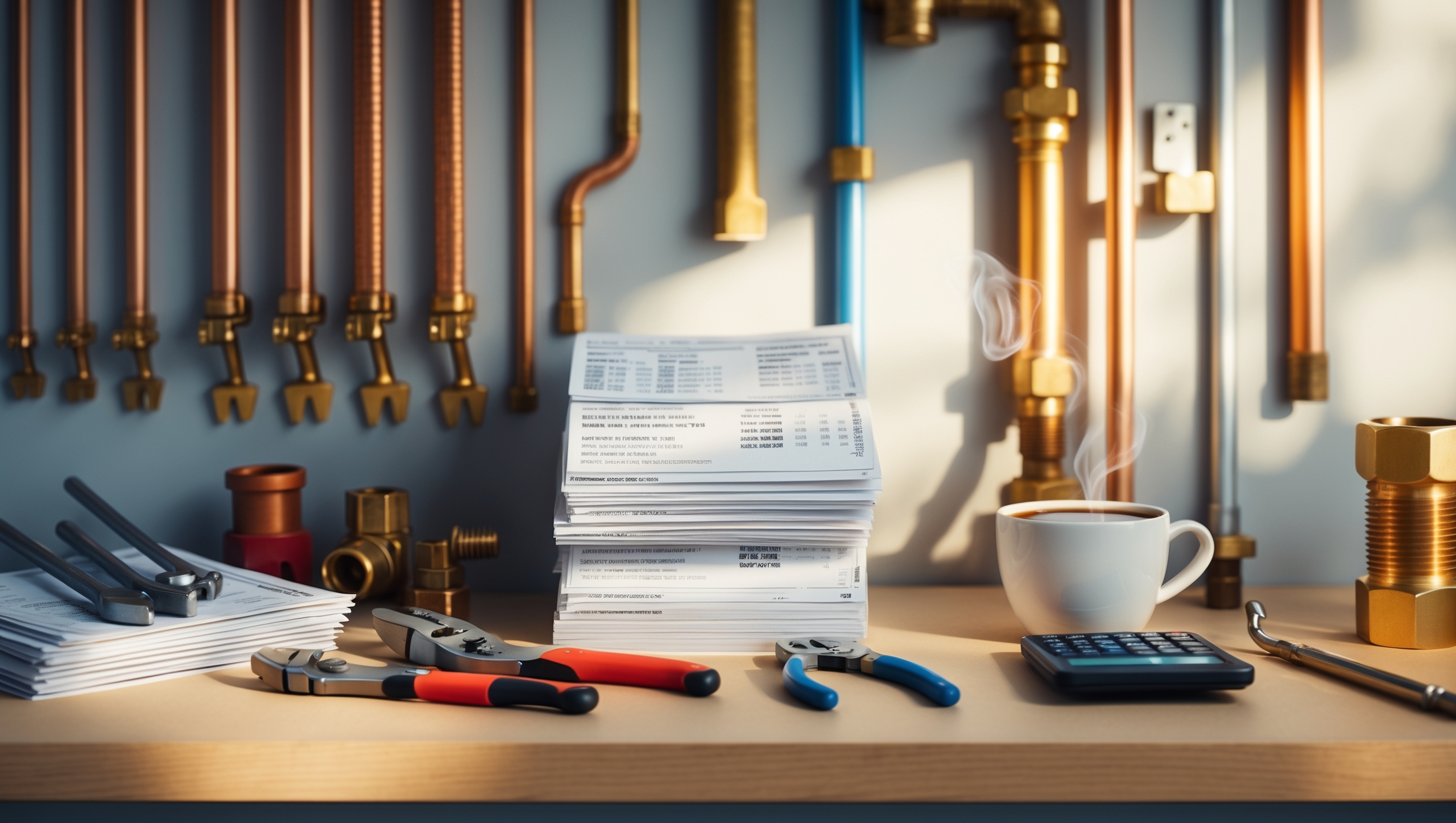
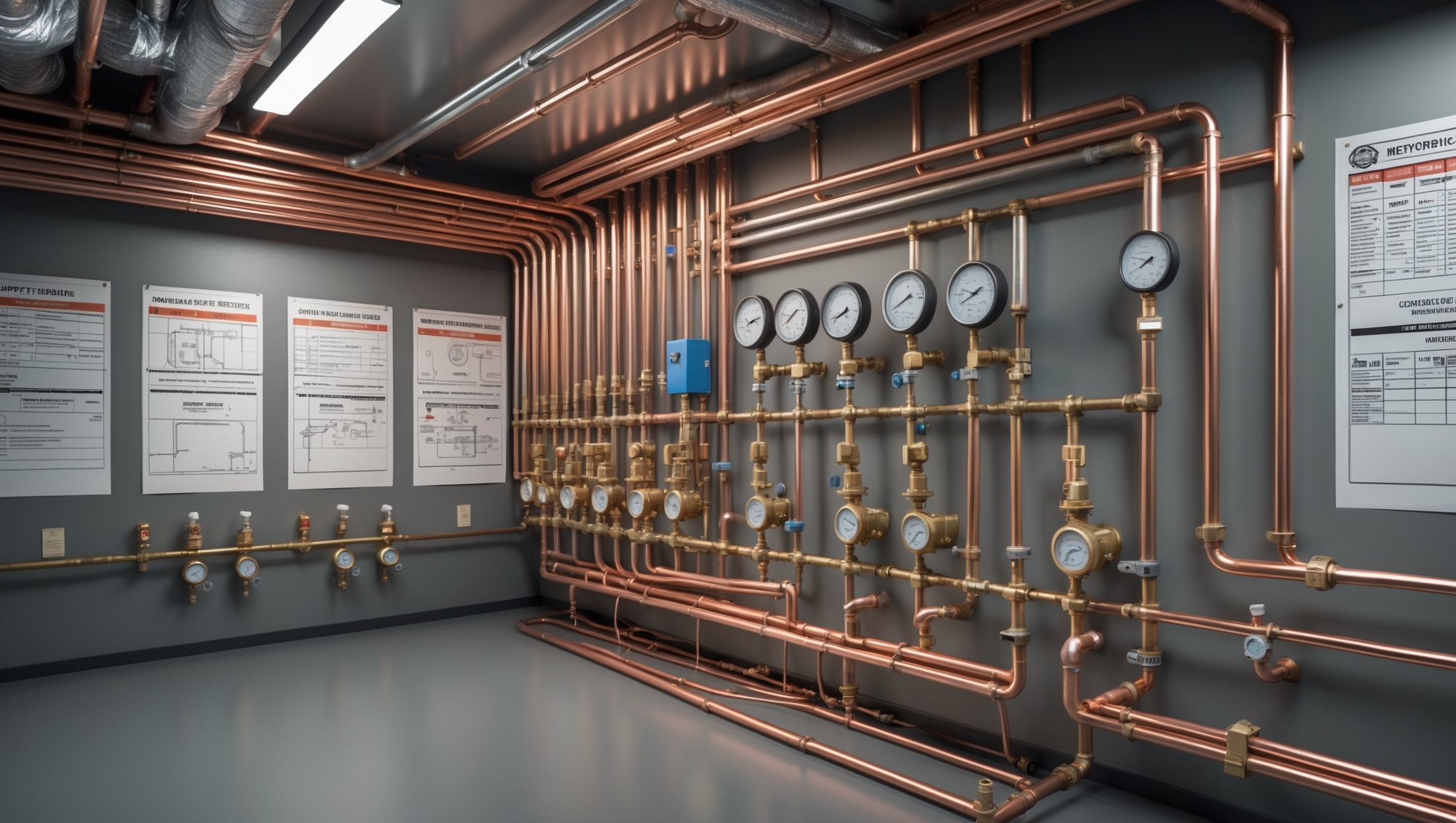
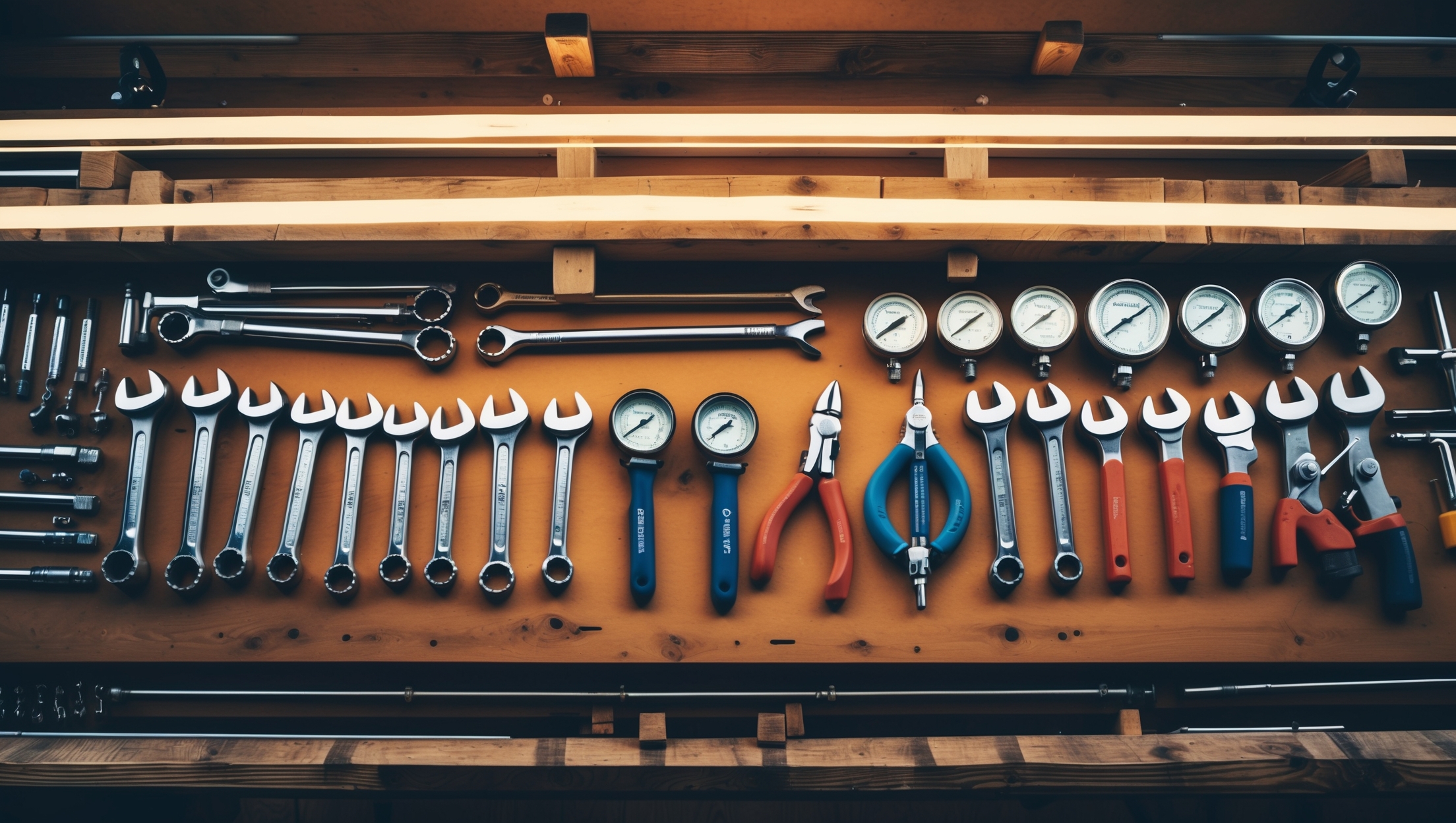
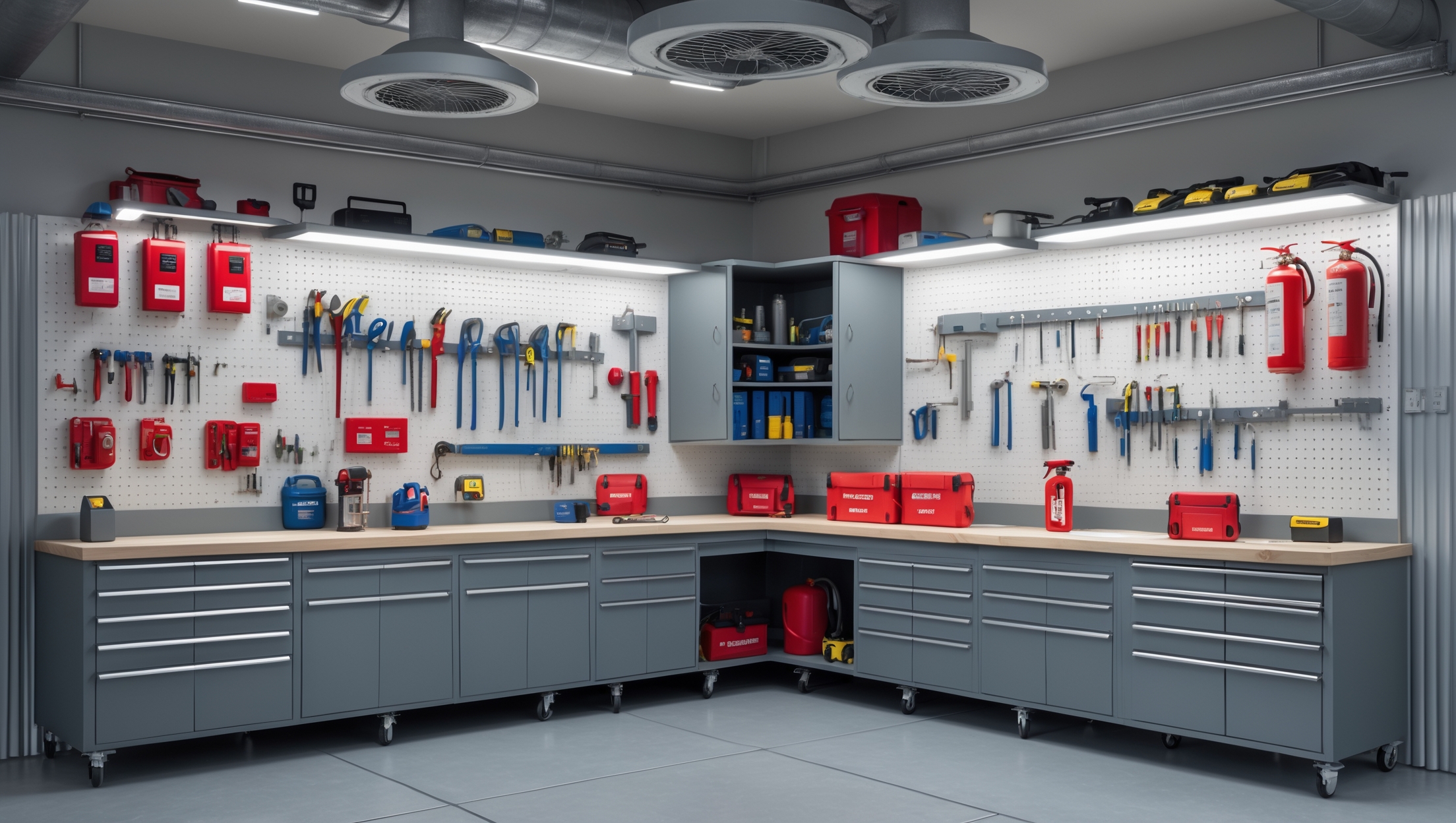
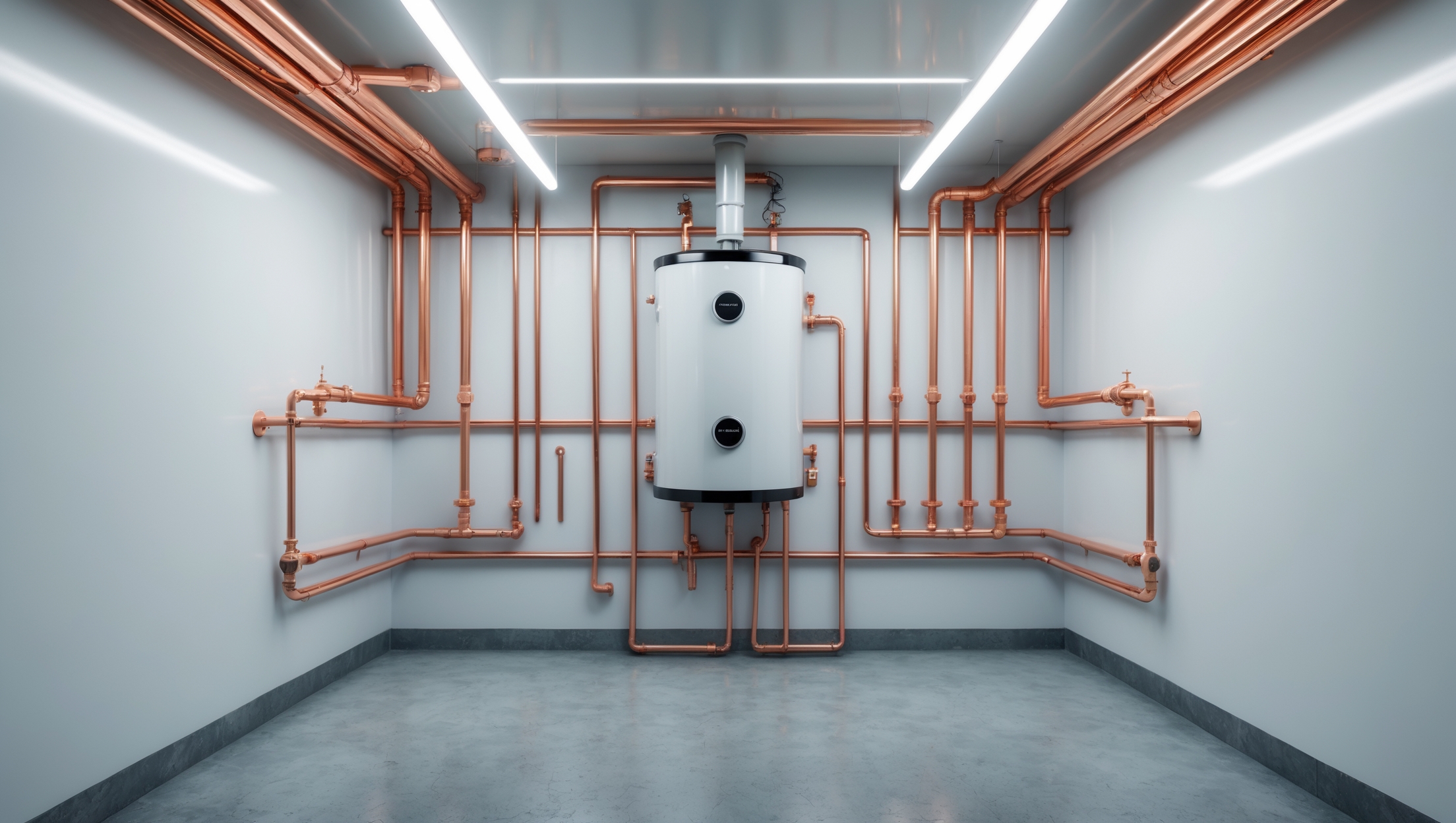
Karen Lewis
I’d like to keep my listing cost-effective while staying up to code. Are there budget-friendly ways to bring older fixtures or systems into compliance without needing a full overhaul?